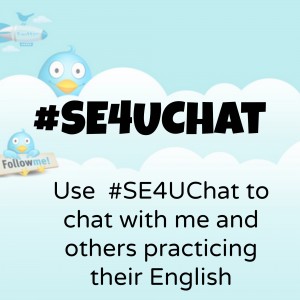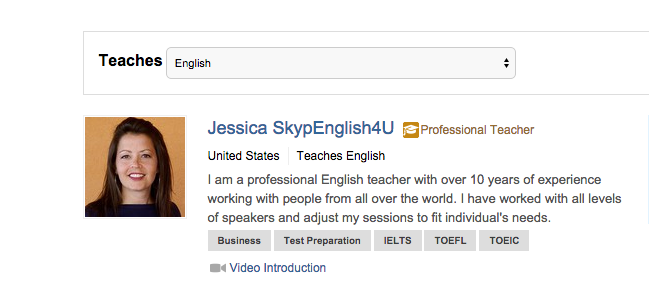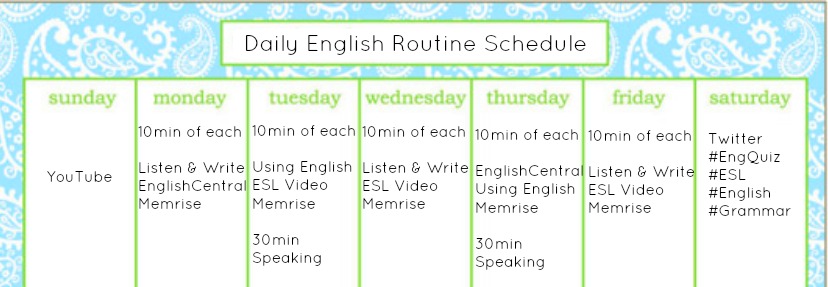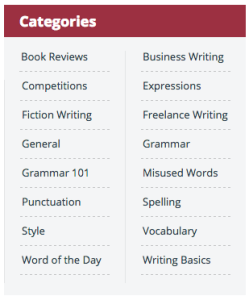TOEFL Practice Sessions On Skype
The TOEFL exam (Test of English as a Foreign Language) is a very popular English proficiency exam taken by people from around the world.
Most of the TOEFL students I have worked with have needed the test for their university application. Others have had to show a potential employer an official test score to prove what their English level is. The TOEFL iBT (Internet Based Test) is done fully on a computer and measures your ability to use and understand English at the university level. If you are planning to study abroad, it is important to check with the school and find out which exam you need because different programs have different requirements. The TOEFL exam has 4 parts – listening, reading, speaking, and writing.
SkypEnglish4U TOEFL sessions
There are endless resources online for TOEFL, books, pdfs and all sorts of things that you can pay for to help you prepare for this exam. Every student learns differently, some are more book oriented, while others need a more hands on approach. Regardless of which type you are, you need to practice what you will do during the actual exam. No E-Book can correct your essay or give you feedback on your speaking. Some students only prepare for the exam and don’t focus on improving their general English. If you are taking the exam to get into a University in the USA, you are going to need English once you get there, so if you just focus on TOEFL practice questions, that isn’t really going to help you in the long run.
During my sessions with TOEFL students, we focus on the speaking part of the exam and some people also want to work on their writing skills. Any and all speaking that you do before the exam will help you, so general conversation and small talk are also part of preparing for the big day.
TOEFL Speaking
There are 6 different parts to the TOEFL speaking exam, some of which integrate reading and listening as well. I focus on the first 2 sections and will go through actual exam questions with students while using the time regulations from the exam – 15 seconds to prepare, 45 seconds to answer. It is not a lot of time and many students find it difficult to answer in such a short time. The more you do it, the easier it gets. We will go over many different possible exam questions and make sure that you are comfortable with the question format and the time limits.
Doing the speaking practice out loud is a very important part of preparing for the exam. On the test day, you will be sitting in front of a computer and when it tells you to start, you have to start. Some students find speaking to a computer more difficult than speaking with a person and others have the opposite opinion. Regardless of your stance on this, you are going to have to speak- so it is a good idea to practice it with someone who can give you feedback.
TOEFL Writing
If TOEFL writing is something that you are interested in practicing, I will send you the topic before our session and you write the essay on your own time and then we review it together using Google Documents (if you can not access this in your country, there are other ways to do it).
Using this ‘reviewing/editing together’ process, you will really see quick results. Doing it this way is an active learning process as opposed to if you just send your document to someone and they correct it. Then YOU are not a part of the reviewing process. It is much better to be actively involved and be able to ask questions and discuss the changes we are making.
Writing is an active process. You are using your knowledge to create something. Many students don’t practice writing essays enough because they think since they can read well and understand most things, that then they can write a proper essay. Another common mistake that students make is to not practice writing with the time you are allowed during the test. I suggest that students start to practice writing with no time limit and once they start to feel comfortable with the essay format, start to keep track of the time.
Be Prepared
The TOEFL Ibt is the lovely product of technology, so there is no way to know what type of questions you are going to be asked. You can thank the programmers behind the scene for the algorithm they have developed. You need to be ready to speak about anything and everything (not just the practice questions from a TOEFL prep book).
Taking a test is stressful all on it’s own. Taking a test in a foreign language takes it to a whole other level. Put your mind at ease and invest some time in practicing for the exam with me online and feel more comfortable with your level when you walk into the exam.










